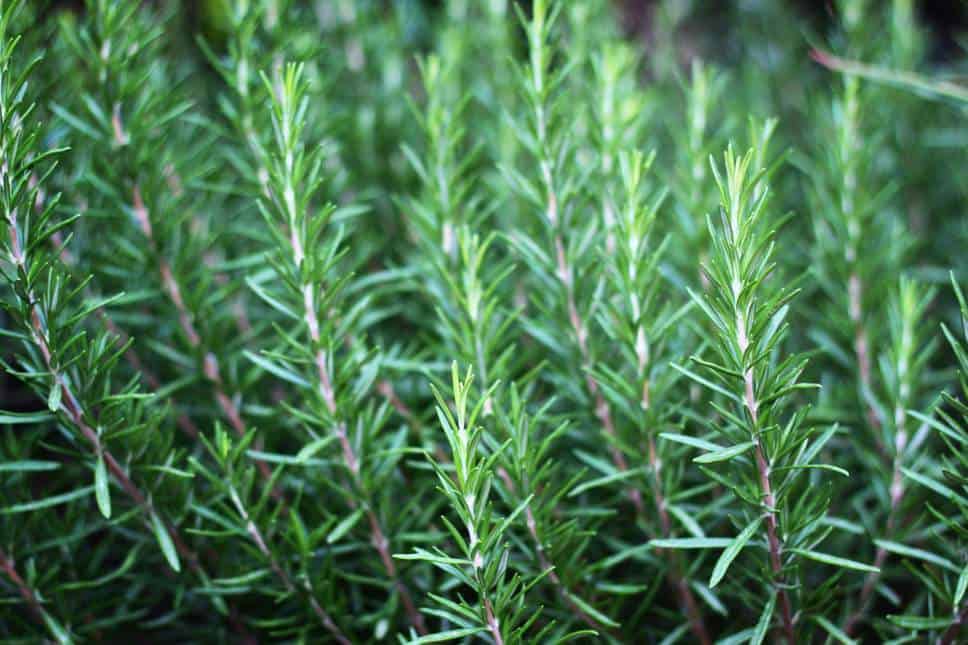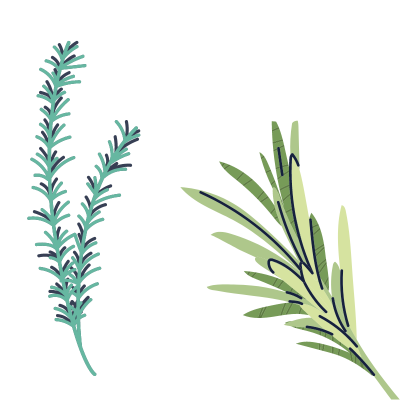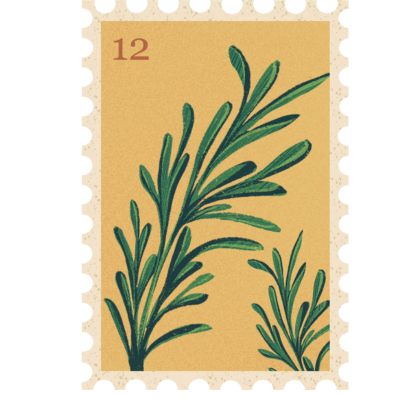Rosemary is an aromatic herb native to the Mediterranean region, known for its distinctive, needle-like leaves and woodsy, pine-like scent. Revered for centuries, rosemary has been a staple in both culinary and medicinal traditions around the world. Its name, derived from the Latin words ros (dew) and marinus (sea), reflects its natural habitat along coastal cliffs where it thrives in the warm, dry climate.

Uses in cooking: The strong flavor of rosemary is suitable for a variety of dishes, especially grilled meats, vegetables and breads. It is a versatile herb that can be used fresh or dried, and its aromatic leaves are often used to soak oils, vinegars and marinades, adding depth to flavor to any recipe.
Health Benefits: In addition to its culinary appeal, rosemary is known for its health benefits. It is rich in antioxidants and anti-inflammatory compounds, which are believed to support immune function and improve circulation. In addition, rosemary has traditionally been used to improve memory, relieve digestive problems and promote overall health.
Cultural significance: Rosemary occupies a prominent place in many cultures, symbolizing remembrance, loyalty and love. It has been used in religious ceremonies, weddings and even funerals, often associated with honoring the past and ensuring a bright future.
Conclusion: Whether used to elevate the dish, support health, or carry symbolic meaning, rosemary is more than just a herb – it’s a timeless treasure that continues to enrich the lives of people around the world.


